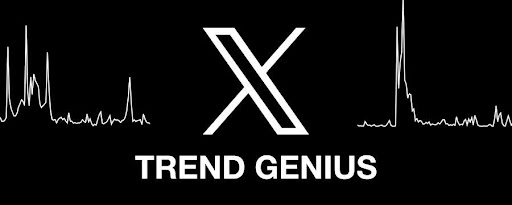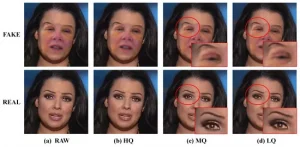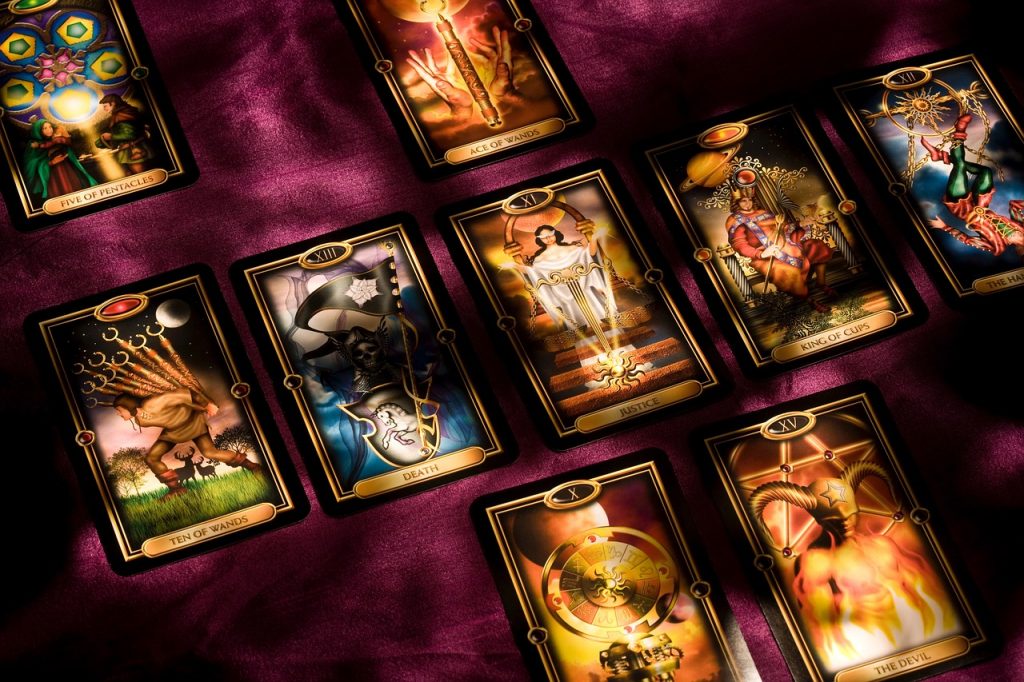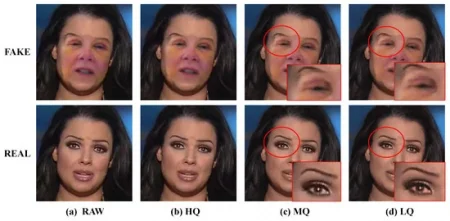By combining instant trend analysis with external data sources, X aims to make ad campaigns that are smarter, more dynamic, relevant, and better timed than ever before.
Social media moves at warp speed, period. What’s trending in the morning could be old news by lunch and vice-versa. So how do you stay ahead of the curve instead of playing catch-up with topics and trends that keep changing? According to Elon Musk, you use X’s new AI tool Trend Genius that’s designed to spot trends before they explode. It does this by combing through millions of posts, tracking engagement patterns and flagging conversations that are picking up steam.
In other words, an AI-powered hype detector. But does it really work? Well, according to CEO Linda Yaccarino who helped showcase it at CES 2025, it’s supposed to be the “holy grail” of advertising products. Let’s take a closer look at what this “holy grail” actually does.
Trend Genius

X’s Trend Genius relies on AI-driven analysis to track real-time activity on the platform, picking up on emerging topics, trending hashtags, and active discussions. By studying user engagement and interaction patterns, it pinpoints rising conversations and strategically aligns ad placements with relevant brand mentions. What this means for advertisers is that they can set up campaigns in advance that automatically launch exactly when a trending topic gains momentum.
That’s pretty incredible and on paper, ensures that their ads appear at just the right time when people are talking about it. It does this by tapping into real-world events with the help of live data like sports scores, weather reports, and breaking news. By combining instant trend analysis with external data sources, X aims to make ad campaigns that are smarter, more dynamic, relevant, and better timed than ever before.
Now while that does sound impressive, predicting trends that humans pick up on, isn’t easy for an AI algorithm, regardless of how advanced it is. Social media, like us humans, can be chaotic, unpredictable, and often logic defying. So just because AI spots an uptick in conversations doesn’t mean it can accurately predict what will actually go viral.
Remember when people randomly decided to eat Tide Pods? Or when a dress nearly tore the internet apart because no one could agree on its color? Those weren’t algorithm-driven trends, they were pure internet randomness. So while Trend Genius might be able to identify rising discussions, the real question is: does it actually understand why things trend, or is it just guessing based on patterns?
What could go wrong?

This isn’t the first time AI has tried to predict what people will care about. Remember during COVID when YouTube’s algorithm kept pushing the weirdest conspiracy videos, or when Facebook’s engagement model “accidentally” boosted misinformation instead of real news? While AI is undoubtedly amazing at spotting patterns, it can’t really understand why people latch onto certain trends, because we don’t either.
Sometimes, what looks like a rising topic is just bots boosting content, or a niche joke that never goes mainstream. And when AI misreads the room, it can push trends that don’t actually have staying power, or worse, turn social feeds into an echo chamber of whatever the algorithm thinks we want to see.
For advertisers, that’s a very risky game. Sure, getting ahead of trends sounds great if the predictions actually work out, but if Trend Genius starts pushing topics that never take off, brands could end up wasting a lot of money on moments that fizzle out before they even begin. And let’s be real, is AI really picking the trends, or is it just amplifying whatever X’s algorithm already wants to promote?
If the system prioritizes big brands and high-profile advertisers, smaller businesses might not even get a seat at the table. What started as an AI-powered tool to help advertisers stay ahead could just become another pay-to-play system where the richest brands get the biggest boost.
The Blue Pill or the Red One?
So the big question is, is Trend Genius the future of social media, or just another AI feature that sounds cooler than it actually is? While AI-driven predictions aren’t going anywhere, and platforms are only getting more aggressive at deciding what content gets seen, does that mean we’re heading toward a future where AI may fully dictate what goes “viral?” That seems pretty unfair and a little unsettling, to say the least.
Social media has always been unpredictable and that’s what makes it fun for us, the last frontier for genuine human wit and intelligence. If you take that away and allow algorithms to decide what’s worth talking about, will anything really feel “real” anymore?
In case you missed:
- Will Pi Coin Be the Next Bitcoin? A quick Reality Check!
- Omnidirectional VR treadmills, go anywhere without going anywhere!
- CES 2025: NVIDIA’s Cosmos Just Gave Robots a ‘ChatGPT Moment’!
- So AI can get bored, “suffer,” and even commit suicide?
- Indian startup achieves level 5 vehicle autonomy, Tesla still stuck at level 2?
- Netflix replaces its game developers with AI
- Scientists establish two-way Lucid Dream communication!
- AI-powered smart devices for the hearing, vision, and speech-impaired
- How AI Is Helping Restore the World’s Coral Reefs
- Scientists gave a mushroom robotic legs and the results may frighten you









